Life-Stuff.org
Facts & advice foryoung adults
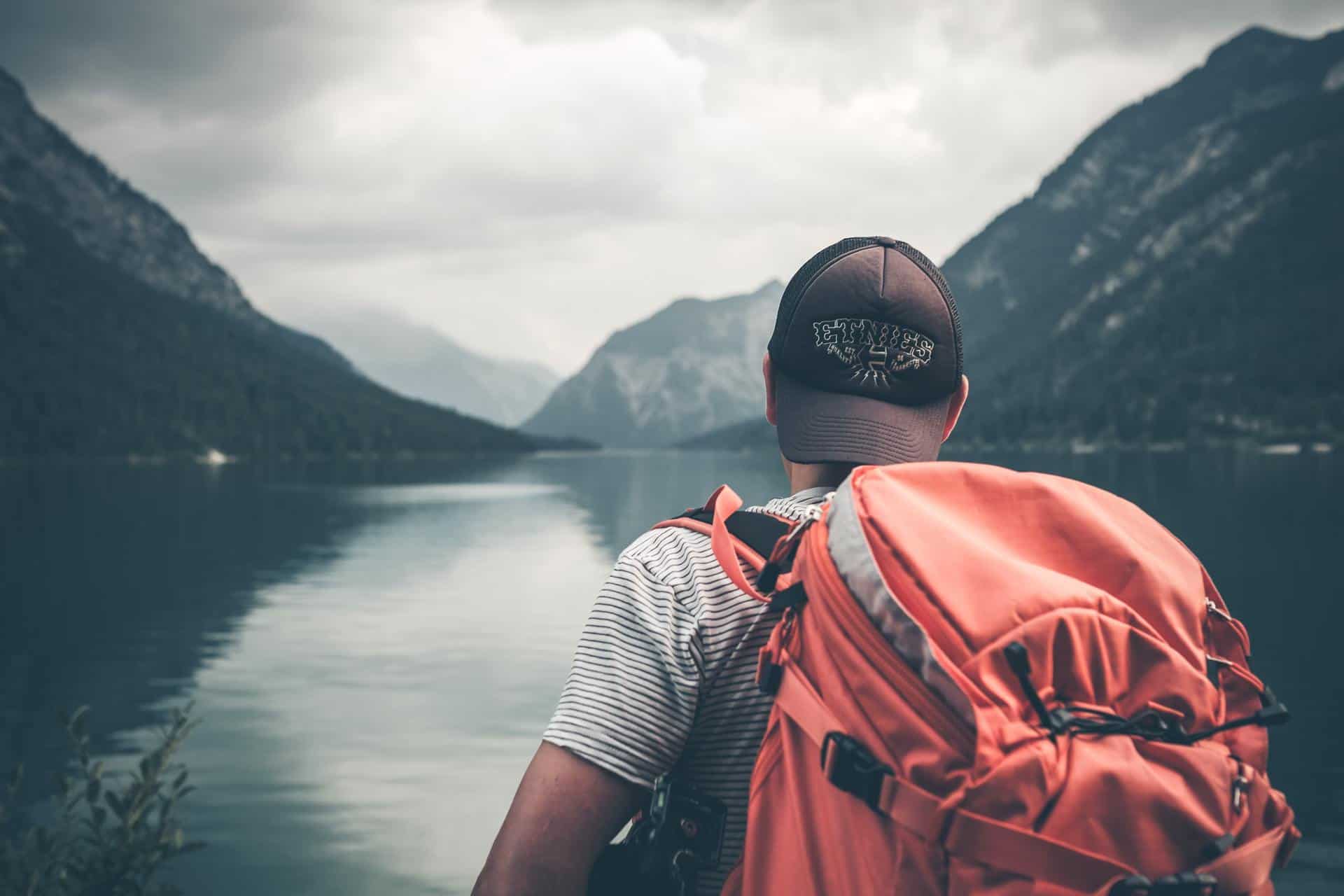
To make the most of travelling it’s best to be organised! Think about your safety at all times and be aware of your surroundings and your belongings. If with friends make sure you’ve all got each others numbers and are on Snapchat maps or find my friends, you can stay connected with each other all the way – if not try and find a trusted traveller and team up. Identify the laws, customs and rules of wherever you’re travelling, especially around alcohol, driving etc.
Try to gather as much information as possible about where you are visiting before you go. Know about the culture; try to learn at least a few words of the local language and do your best to blend in. Think about the options of volunteering or working abroad. You can then earn as you travel, you get to know the locals better and get immersed in the local or think about study abroad programmes. Have a go at learning key phrases where you’re travelling, take a phrase book and have a translate app on your phone.
Organize your budget effectively. Prepare a list of your expected travel expenditure and work out a daily spend. Make sure you have saved up enough for your trip and that you have an emergency source of funds if possible.
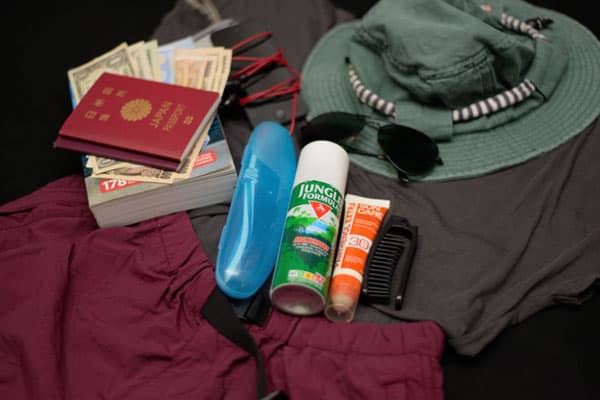
Before leaving for your travels, draw up a list: depending on where you’re going and for how long, make sure that you pack essentials like a first aid kit, mosquito repellent, sun screen, a water bottle, hard copies and digital copies of all travel documents and emergency contact numbers. Make sure your luggage is identified well and keep a copy of your passport, your credit card and all tickets close to hand.
Make sure that you have travel insurance before you leave, this protects you from unforeseen situations, it should cover the cost of missed departures, medical expenses, baggage loss, liability cost, flight interruptions etc.
Getting too drunk or high when you travel is almost always unacceptably risky. If you’re wasted, anything could be happening around you, – so stay hyper-aware of how much you’re consuming, keep hydrated & fed, and make sure you don’t lose control of the situation. Anywhere becomes far less secure late at night – and if you’re out of it, you’re far less aware of your surroundings – and a VERY easy target for all kinds of bad stuff.
Harder drugs are especially risky — people could get into get into big trouble with the police, arrested or imprisoned. Laws/police will be different than in the UK, not to mention having to deal with suppliers who are providing those drugs and their motives.
Most countries have a lower drink drive limit than England – 50mg like in Scotland throughout Europe and 20mg for under 21s against 80mg in England and Wales. Some allow no alcohol at all for under 21s if driving.
It is against the Law in the United States to be served or to drink alcohol under the age of 21.
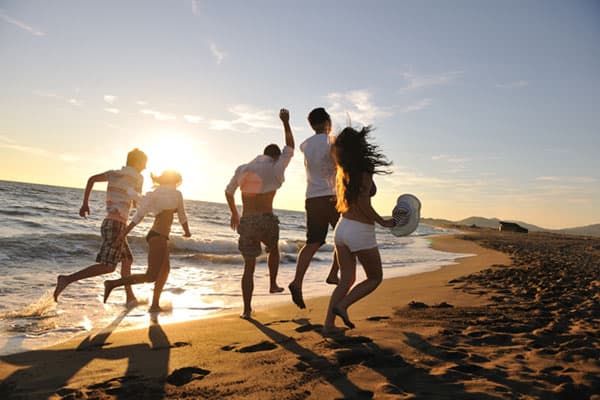
When going away for sun, sea and fun, have a great time – just try and remember these simple tips.
• If travelling by air, especially on long flights try not to be tempted to drink too much, even if it is free! Water and soft drinks are a better choice as both and altitude dehydrating.
• Because alcohol and the heat of the sun are dehydrating, it’s important to drink at least a litre of water a day.
• Don’t let drink lead you into risky situations, with strangers, swimming pools or unknown places.
• Mixing drink with sports, from volleyball to rock climbing, can lead to injuries. So play it safe. Likewise, midnight swimming and drinking is never advisable.
• When going out in the car, decide beforehand who’s going to be the designated driver. It’s their job to make sure everyone gets home safely.
• Bars abroad often serve larger measures of spirits than at home so just two vodkas could be the same as four or five
at home.
• Lather on the sun lotion when relaxing in a beer garden, on the beach, or at a BBQ. A combination of hangover and sunburn is enough to spoil anyone’s holiday.
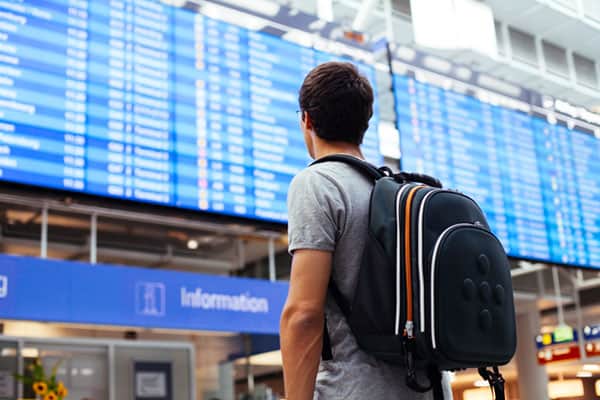
In some countries, alcohol is restricted or banned. Consult a guidebook or travel agent before travelling, and respect local laws and customs. Apart from being common courtesy, ignoring advice can lead to serious punishment.
• When waiting for a flight at the airport don’t drink too much as people who appear drunk may not be allowed to travel.
• Holiday insurance can be invalid if injury or theft occurs when someone is drunk.
• It is important to check drink drive limits when abroad as they may be lower. Most of Europe has a BAC limit of 0.05 (Sweden 0.02 and Hungary zero) – and in the US it is illegal for anyone under 21 to have alcohol in their blood if they are driving.
• Don’t risk spending the holiday or longer behind bars – nominate one amongst the group to be the designated driver before going out, book a taxi, or use public transport. Never accept gifts from people you don’t know well or agree tot take anything home on their behalf.
Sadly drink spiking is common abroad too, both of alcoholic and non alcoholic drinks. Be careful when enjoying local nightlife, always let someone know where you’re going and stick with trusted friends. Watch your drink (that goes without saying), but watch your bartender make your drink too; not everyone is trustworthy.
Don’t accept drinks from strangers or new friends and look out for each other.
Your phone can take great photos and send emails if need be. Lugging around a laptop not only slows you down but also makes you more of a target for thieves. With the exception of your phone keep electronics locked up when not using.
No one’s telling you NOT to go on Tinder/on line dates when traveling, just be careful. Advertising that you’re in town on vacation makes you more susceptible to being targeted by scams.

It’s likely that at some point you’ll end up wandering around an unfamiliar place alone. Family and friends can keep tabs on you even from a distance, thanks to some of the free apps on the market. Must-haves include: Uber, bSafe: if you feels unsafe, the app can give your friends your location, have them “follow” you as you walk to your destination, or send them an SOS if you are panicked and they can notify police. Drunk Mode: can be put to use when sober. Turn it on before setting out on your day’s activities.
Be aware of your money
Keep always keep small amounts of cash on hand, and keep copies of the fronts and backs of all of your credit cards (as well as passports or IDs). Also, don’t forget to notify your bank that you are traveling because they will freeze your cards at the most inconvenient times if you don’t.
Blend in
Try not to stand out; do some basic research as to what the locals generally wear. What may be normal to you may be too revealing in other countries. Try and blend in! You’re less likely to be targeted by pickpockets.
Don’t let people distract you
Pickpocketing is widespread, the innocent-looking person or child shoving a sign or paper in your face is often an attempt to take your wallet. Don’t be vulnerable – if anyone suddenly approaches you, be mindful that it may be a ploy to quickly divert you. Split up your money and cards and keep valuables to a minimum.
Water and food poisoning
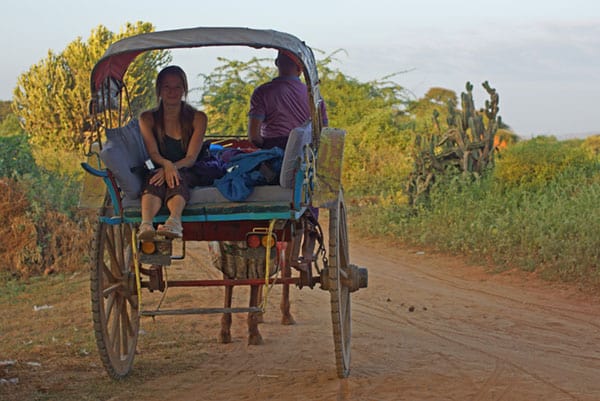
It’s best to be cautious when it comes to food and drinks in less developed countries, both for sickness and intestinal diseases. It’s wise to choose thoroughly cooked food and avoid reheated food as well as salads and fruit that doesn’t need to be peeled, unless you’re certain it has been washed with sterilised water. Tap water isn’t advisable in lots of countries, so it’s best to stick to bottled water, or to boil before drinking. Make sure bottled water is properly sealed and hasn’t been refilled. If bottled water isn’t available, purifying tablets can be used.
Ice cubes are only safe if they were made using safe and pristine water. You should also use only bottled water when brushing your teeth.
Getting help if things go wrong
You can seek out help at diplomatic representations and consulates abroad in the following situations:
Use travel safety tips below:
Other suggested reading
Advice for young holidaymakers | ABTA
39 SMART Travel Safety Tips 2021 to remember (hostelgeeks.com)
Travel Safety Tips: 25 Important Things Everyone Should Know! (expertvagabond.com)
Read next Tips for a safe night out